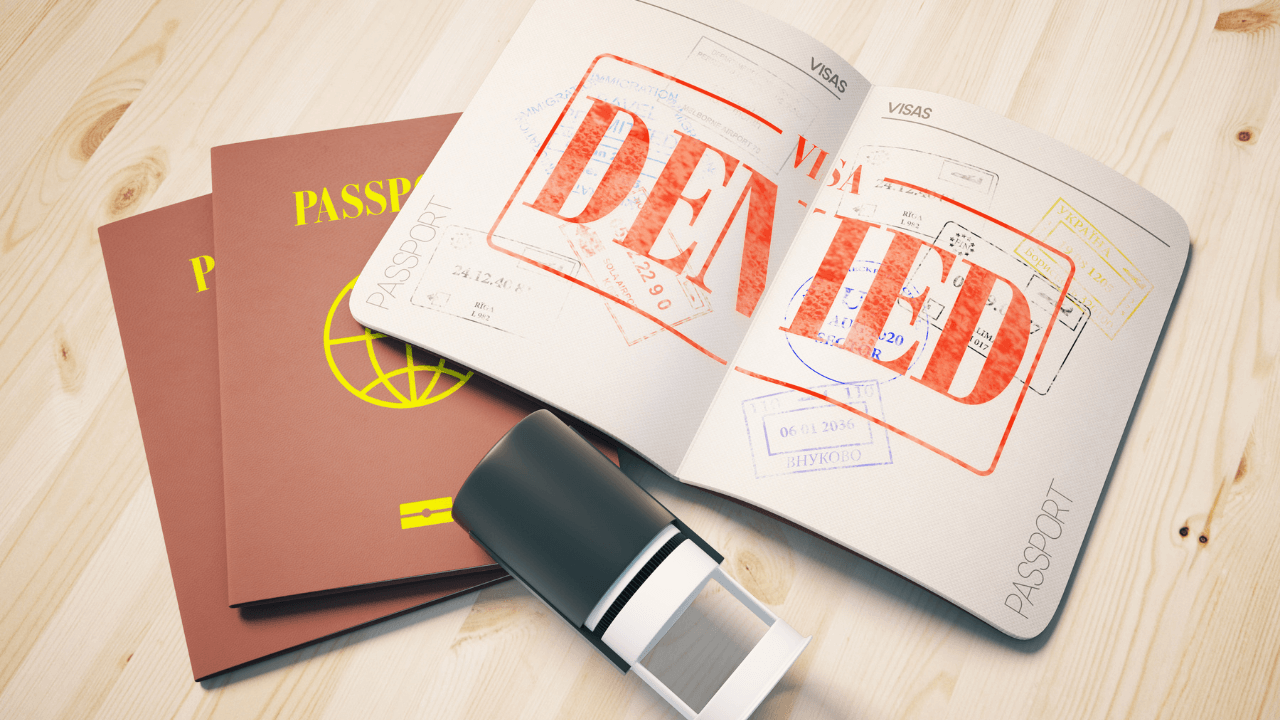
An E-1 Visa is available for foreign nationals who wish to live in the U.S. based on international trade that exists between the U.S. and the Treaty Country. While E-1 visas in general have high approval rate, some cases get denied. What are some common reasons for denial and how can you avoid a denial?
What are some common reasons for an E-1 denial?
- The trade does not exist at the time you apply for an E-1 visa: Generally, the E-1 trade has to already be existing at the time you apply for an E-1 visa. There is one exception – if you can submit evidence of successfully negotiated contracts that are binding upon the parties and that call for immediate exchange of items of trade. To meet the exception, you would really have to show that you have multiple negotiated contracts and the revenue for each contract will be couple thousands of dollars per month at least. If you only submit one negotiated contract for $5,000 per year, your E-1 petition would most likely be denied. You can read our blog post on Whether the trade has to exist at the time you apply for an E-1 visa here.
- The trade amount is too low: The trade between your home country and the U.S. must be substantia This means that there must be a continuous flow of transactions between the US and your home country. We generally recommend that the trade lasts at least 6 months and is worth at least $250,000. If the trade amount is low and/or the trade has only been going on for couple of weeks, the Consulate may deny your E-1 visa petition.
- The trade is not principally between your home country and the U.S.: this means that more than 50% of the international trade must be between your home country and the U.S. Some visa applicants (often when they are not represented by an attorney) are not aware of this requirement, and if less than 50% of all international trade is with the treaty country, the visa application would be denied.
- The filing location or venue. Some Consulates are just more difficult for approvals. In some cases, the Consulate may not be familiar with E-1 visas (especially if you are filing in a country that is not an E-1 treaty country or if the Consulate does not process many E-1 visas). In other cases, the Consulate may be accustomed to seeing a certain type of cases or trade amount and will more readily approve those cases. Officers are rotated every few years so policies can change also. A “good” E-1 filing location today could become a difficult post overnight.
- The adjudicating officer you get (luck of the draw).Visas are discretionary and when you are applying at a Consulate (most E-1 visas are adjudicated at a Consulate) you are not afforded any due process. As such, you cannot appeal a denial and the decision of the officer is final. An officer could simply be having a bad day or get caught up on one little thing you say and the application could be denied.
- Applicant does not meet the requirements.We have had clients who came to us after they had applied without Counsel and were denied. In some of these cases, the applicant was clearly not eligible based on the submission (e.g. only 10% of international trade is with the U.S.).
To sum up, we generally advise that you hire an immigration attorney to help you with preparing and filing an E-1 petition to avoid a denial.